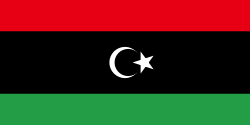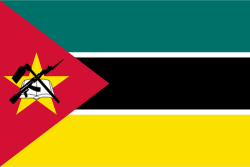Back
🔞👉See The Shocking History Of Bayankole Where Groom Must Had Sex With Bride Aunt To Test His Sexual Powers- Video
Feb 28, 2025
The Banyankole people are an ethnic group native to southwestern Uganda, primarily residing in the Ankole region. They are one of Uganda' s many Bantu- speaking communities, known for their distinct cultural practices, strong cattle- keeping traditions, and hierarchical social structure. The history of the Banyankole is deeply intertwined with the rise of the Ankole Kingdom, which played a significant role in shaping the region' s political, economic, and social landscape.
Origins And Early Settlement
The Banyankole trace their ancestry to Bantu- speaking migrants who moved into the Great Lakes region of Africa between 1000 and 1500 AD. These migrants settled in present- day Uganda, where they formed various kingdoms, including the Ankole Kingdom. The region' s fertile land and abundant pastures made it ideal for both agriculture and cattle- rearing, two key elements that defined Banyankole society.
Historically, the Banyankole were divided into two primary social groups: the Bahima and the Bairu. The Bahima were predominantly cattle keepers, known for their large herds of Ankole cattle, a long- horned breed that remains a symbol of prestige and wealth. In contrast, the Bairu were primarily cultivators, growing crops such as millet, bananas, and beans. Though the two groups coexisted within the same society, their social roles were distinct, with the Bahima often holding positions of power and the Bairu forming the agricultural base of the kingdom.
0Shares
0Comments
0Favorites
4Likes



































































































No content at this moment.